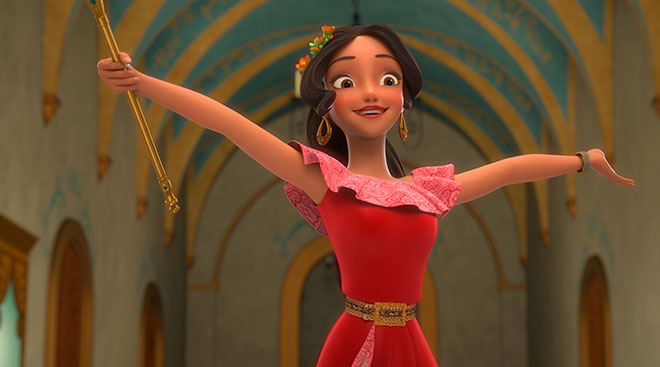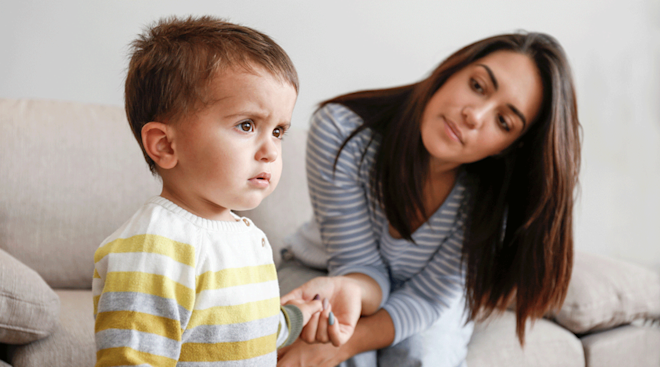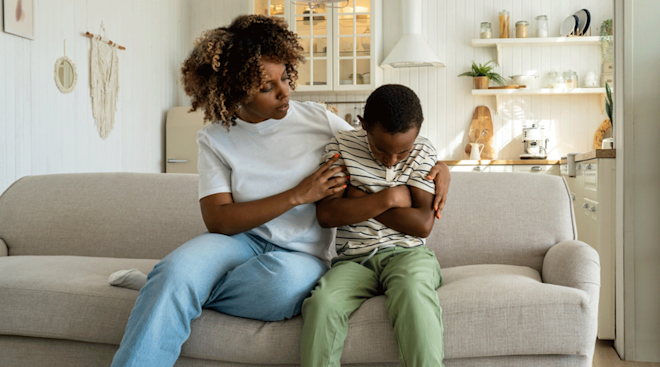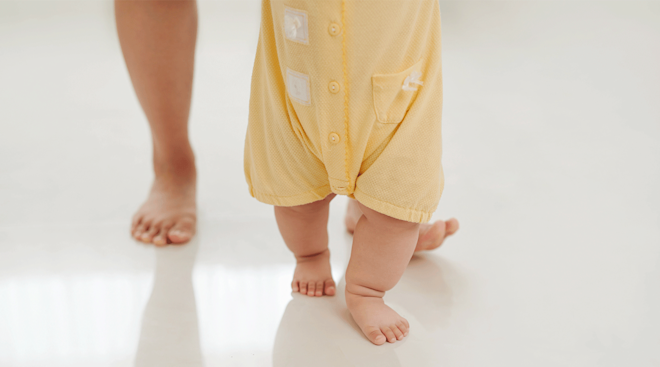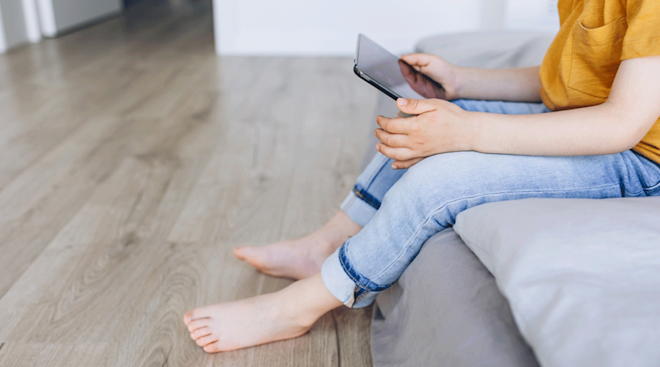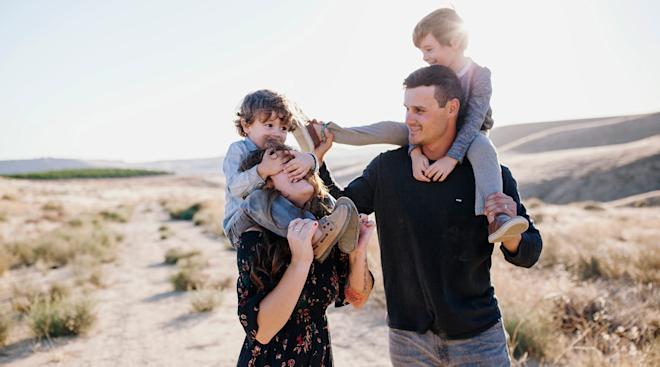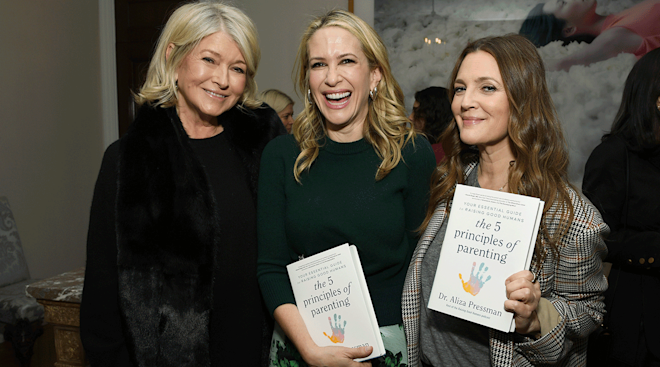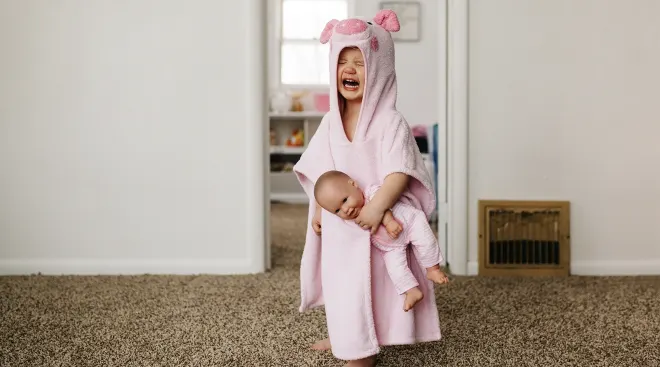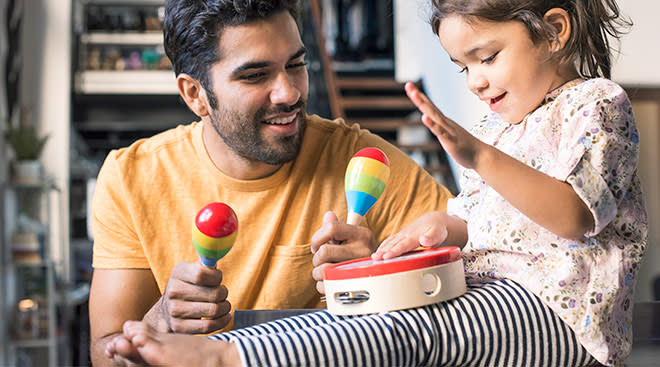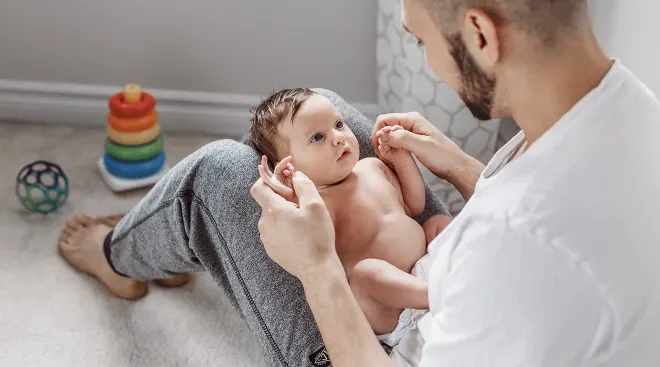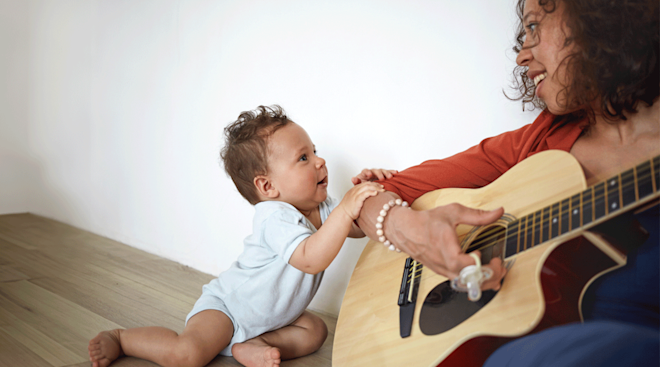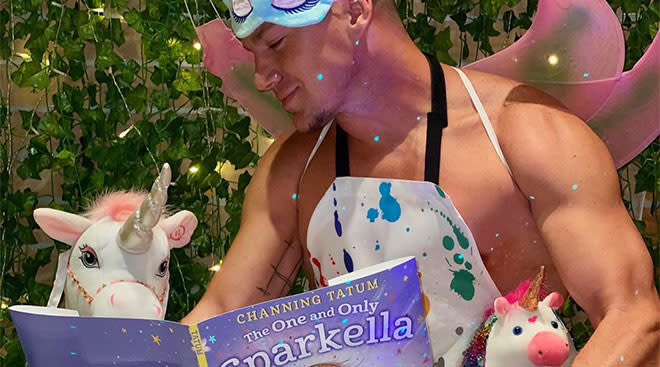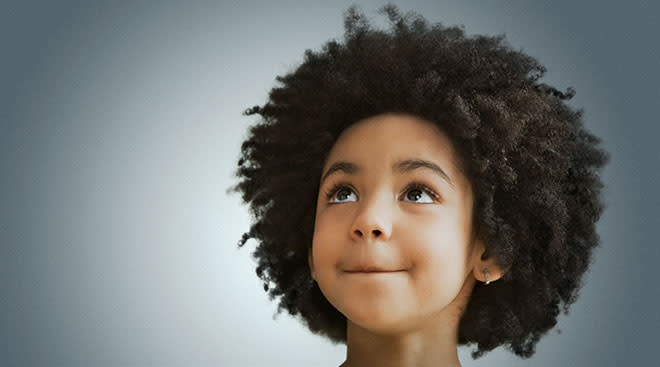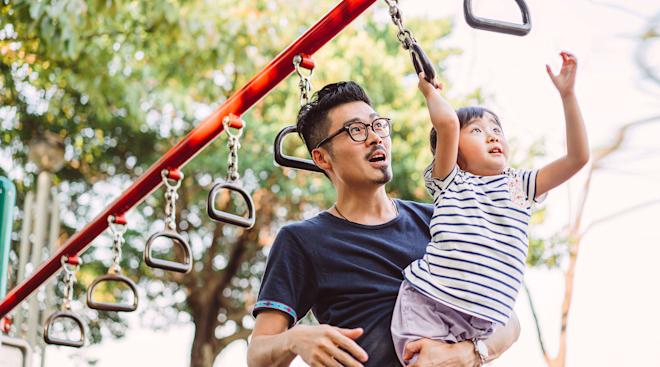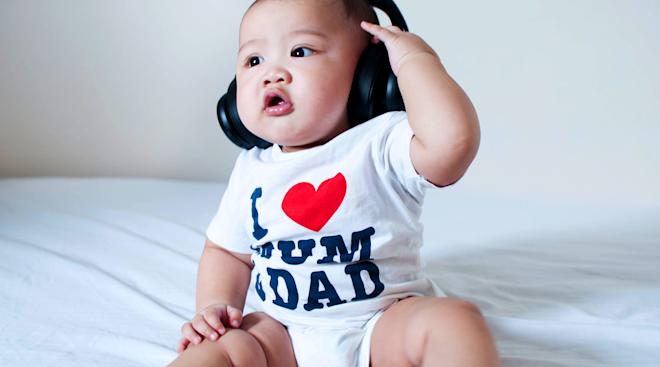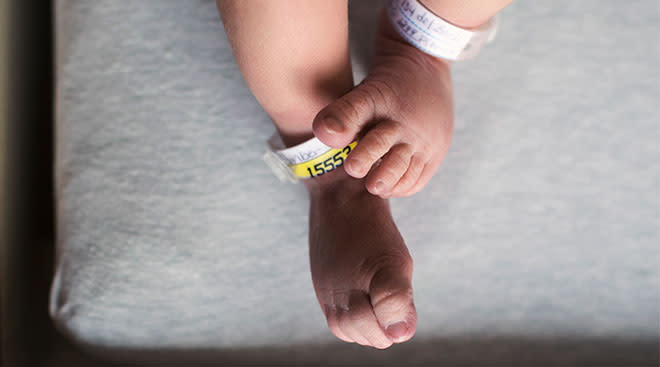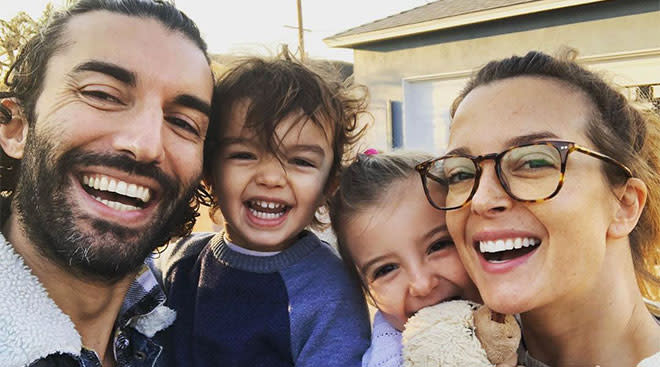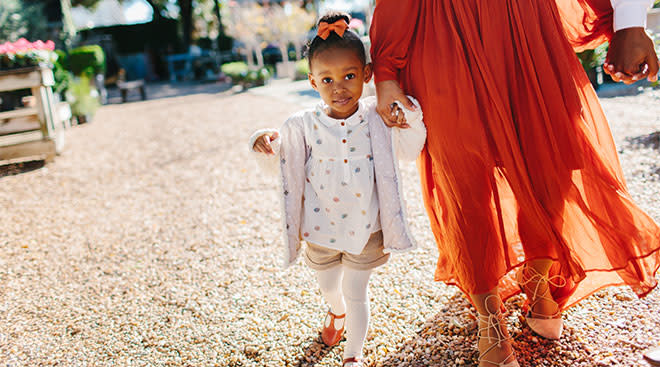Princess Culture Can Help Kids’ Development Over Time, New Study Finds
In recent years, many people have started to feel that the Disney princesses many of us grew up with are the antithesis of female power, as they teach incorrect lessons in love and female empowerment. In fact, a 2016 study from BYU professor Sarah Coyne found that princess culture magnified stereotypes in preschool-aged kids. However, 2021 research from Coyne shows that, over time, these kids actually have more progressive views about women and engage less with attitudes of toxic masculinity.
The new study, published in the journal Child Development, surveyed 300 kids and their parents, first in their preschool years and then around five years afterward. The results of the new study show that engagement with princesses resulted in a positive impact on the kids’ development over time, and they actually had increased progressive attitudes toward women as they got older.
“As a developmental psychologist, I’m interested in looking at things over time. What’s fascinating is that princess culture has some really deep and beautiful things about womanhood and relationships. If we can grasp onto that, it can be truly healing for humanity,” Coyne said in a release. “Our prior study found that in the short-term, princess culture had a negative effect. But this changes over time. We’re now seeing long-term positive effects of princess culture on how we think about gender.”
Coyne also said that recent princesses like Moana and Elsa have helped shape this to an extent, adding, “Princess culture gives women key storylines where they’re the protagonist. They’re following their dreams, helping those around them, and becoming individuals who aren’t prescribed a role because of their gender…It tells both boys and girls that they can be all sorts of different things. They’re not supposed to be just one thing, which can be powerful.”
In her research, Coyne found that kids who engaged highly with princesses in their early years were more likely to view educational opportunities, relationships and career opportunities as equally important for men and women as they grew older. Plus, they were also less likely to embrace attitudes of toxic masculinity and were more supportive of people feeling and showing emotion.
“Boys who are exposed to princess culture earlier in life tend to do a better job expressing emotion in their relationships,” Coyne said. “Rather than shutting down their feelings or feeling like they should fight someone who challenges them, they can express their emotions in non-violent ways.”
Coyne also found that engagement with princess culture led to positive body image over time. This was perhaps the most surprising learning, as it’s an area in which Disney frequently faces criticism.
While Coyne feels that Disney princesses may help foster positive development for kids, she believes parents should help their children better understand the lessons princesses offer. “Focus on the humanity behind each princess, not just their appearance,” she explained. “Princesses like Moana are full of depth, passion, and goodness. The story isn’t about how she looks, it’s about following your dreams and finding who you are. Parents can take these interpersonal qualities and help their kids grow. We can show them that princesses offer a wide amount of depth beyond appearance.”
Please note: The Bump and the materials and information it contains are not intended to, and do not constitute, medical or other health advice or diagnosis and should not be used as such. You should always consult with a qualified physician or health professional about your specific circumstances.
Navigate forward to interact with the calendar and select a date. Press the question mark key to get the keyboard shortcuts for changing dates.

































